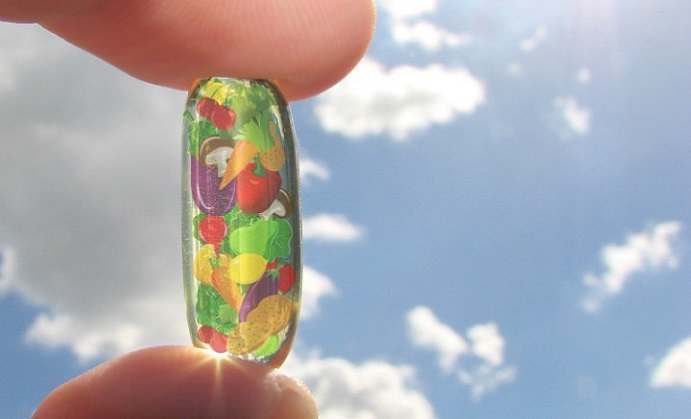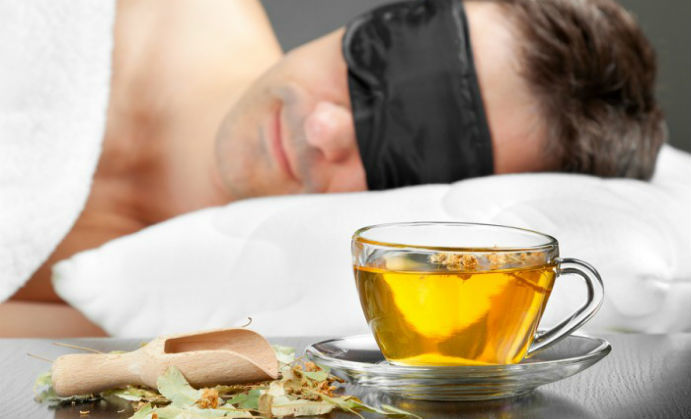If you can’t get enough sleep over the course of a few nights, you might think you have insomnia. But insomnia is defined as not being able to get enough sleep for a period of time, perhaps for three or four weeks. A month is a long time to go without sleep. Even a few nights can seem like years.
People try all sorts of things when they’re missing sleep. Eliminating caffeine or reducing stress with meditation are popular approaches. Another approach is to improve your diet by eating more healthful foods, and, if needed, supplementing with vitamins. Supplements can help because several vitamins are known to support better sleep, in particular vitamins A, B-12, C, E, and D.
 Vitamin A is a little tricky because too much can be damaging. While too little vitamin A might cause a sleep problem, too much could harm your liver. You can increase your vitamin A intake by adding poultry, eggs, meat, and dairy to your diet. If you’re already eating these foods, you might not need supplementation. If you use a supplement, be sure to follow the directions on the package so as not to ingest more than your body needs. And you should monitor yourself for an increase in bone-related pain, dizziness, or headaches, which are other symptoms of too much vitamin A.
Vitamin A is a little tricky because too much can be damaging. While too little vitamin A might cause a sleep problem, too much could harm your liver. You can increase your vitamin A intake by adding poultry, eggs, meat, and dairy to your diet. If you’re already eating these foods, you might not need supplementation. If you use a supplement, be sure to follow the directions on the package so as not to ingest more than your body needs. And you should monitor yourself for an increase in bone-related pain, dizziness, or headaches, which are other symptoms of too much vitamin A.
Vitamin B-12 is another vitamin to consider. The same foods that contain vitamin A also provide vitamin B-12, and you can add shellfish to the list. How do you know if you’re already getting enough B-12? Besides sleep concerns, symptoms of vitamin B-12 deficiency include balance issues, out of the ordinary weakness, and sometimes anemia.
 Antioxidant vitamins C and E can also help with sleep. A study of patients with sleep apnea indicated that antioxidants help reduce oxidative stress. They help reduce free radicals and support the body’s metabolic processes. For added vitamin C, eat more leafy green veggies, strawberries and fruits in the citrus family, and tomatoes. If you want to supplement, check with your doctor for dosage. Too much vitamin C might result in stomach issues and even diarrhea. For increased vitamin E, try adding nuts and olives to your diet, and, if you like it, wheat germ is rich in vitamin E. Corn is another good source. If you want to supplement, check with your doctor for the proper dosage. Taking too much vitamin E over a period of time can be fatal.
Antioxidant vitamins C and E can also help with sleep. A study of patients with sleep apnea indicated that antioxidants help reduce oxidative stress. They help reduce free radicals and support the body’s metabolic processes. For added vitamin C, eat more leafy green veggies, strawberries and fruits in the citrus family, and tomatoes. If you want to supplement, check with your doctor for dosage. Too much vitamin C might result in stomach issues and even diarrhea. For increased vitamin E, try adding nuts and olives to your diet, and, if you like it, wheat germ is rich in vitamin E. Corn is another good source. If you want to supplement, check with your doctor for the proper dosage. Taking too much vitamin E over a period of time can be fatal.
Vitamin D can be useful for many health concerns, including sleeplessness. In fact, too little vitamin D might be a direct cause of your inability to sleep. The good news is your body makes vitamin D when you expose yourself to sunlight, and you get vitamin D from eating fish and oysters, and from dairy products. But sometimes we don’t get enough sun or eat enough of these foods. If you think that might be the case, check with your physician before adding a vitamin D supplement to your diet.
Do you want to find an effective Insomnia treatment? Check out our top rated Insomnia products











